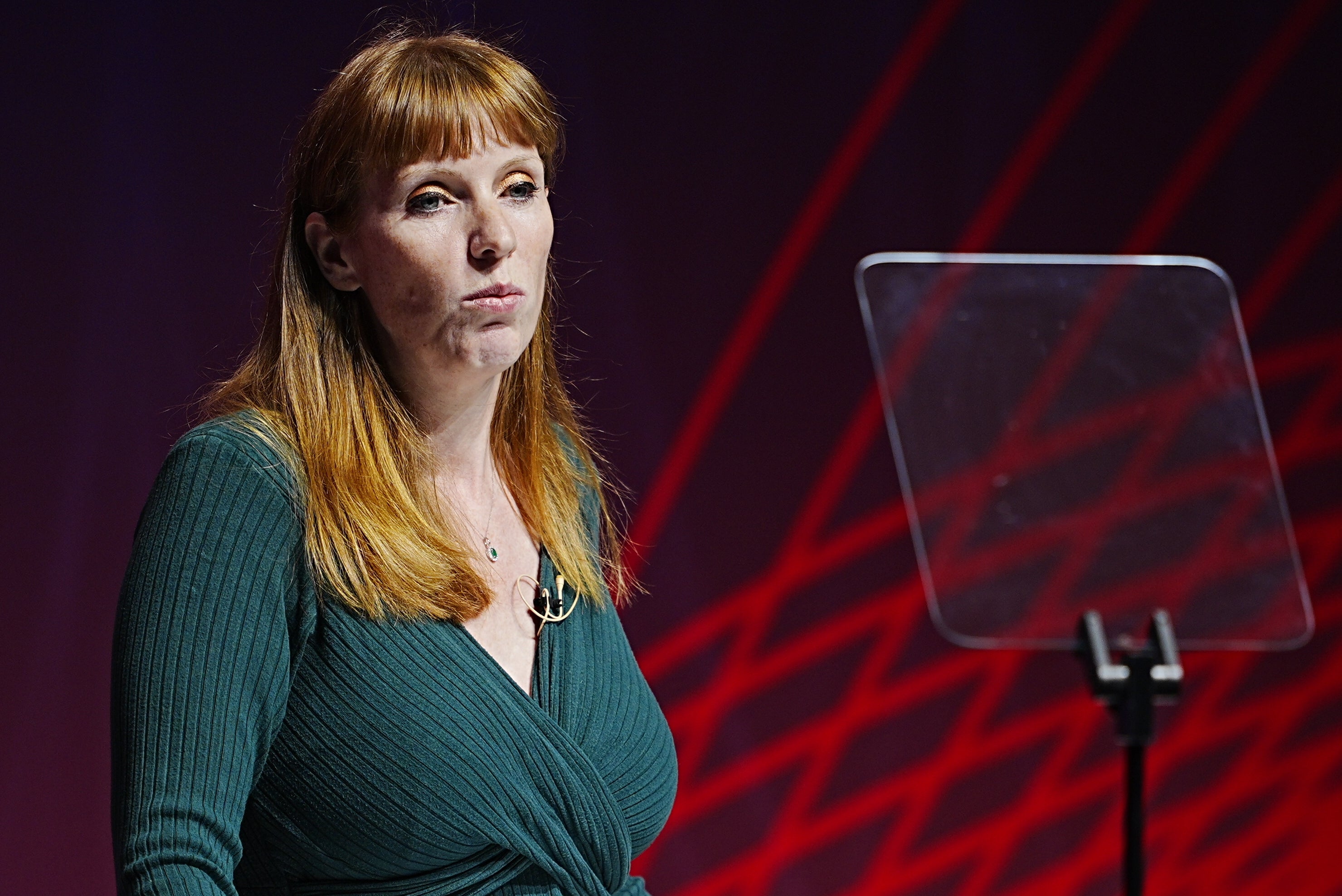Rachel Reeves’s plans for a new property tax on homes worth more than £500,000 have been criticised as a “tax on ordinary Londoners” that will hit families hardest.
The chancellor is reportedly considering a shake-up that will see homeowners taxed on the sale of properties over the £500,000 threshold, with buyers then forced to pay a yearly tax on their value.
It would replace the current stamp duty regime for first homes, which sees buyers pay a tax on the value of properties over £125,000, or £300,000 for first-time buyers.

But Simon Gerrard, an estate agent who has long campaigned to reform stamp duty, warned it would amount to a “London tax”.
Speaking to The Independent, Mr Gerrard, chair of Martyn Gerrard Estate Agents, said: “Rightmove’s latest figures for August show that the average price of a property in London is now £666,983. Upping taxes for properties over £500K is not making the wealthy pay their fair share, it’s a tax on ordinary Londoners.
“It’s already nearly impossible for normal people to start a family in London as it is. This London tax will only make it harder.”
He said the threshold for the potential tax change should be significantly higher than £500,000 in London, or Labour would fail in its mission to support working people.
He also warned that the potential tax change could distort the property market for homes worth around £500,000.
Mr Gerrard warned: “You’re going to see a ceiling at the £500,000 threshold for that band of the market, as people avoid falling under the regime, and then a significant jump in values with nothing in between.
“Prices above £500,000 will skyrocket as sellers account for the losses caused by the tax that used to be paid by the buyer.”

The Tony Blair Institute think tank said the proposed changes would be “politically challenging” and could discourage people from moving just as much as the current system.
TBI senior economic policy adviser James Browne said: “While replacing stamp duty with a new annual property levy on homes worth more than £500,000 is economically sensible, it would be politically challenging.
“Either long-standing homeowners who are asset-rich but cash-poor would be hit with much larger bills or, if it only applied after a property changed hands, would discourage moving just as much as stamp duty does at the moment.”
And Location, Location, Location presenter Kirstie Allsopp said the stamp duty overhaul would be “destabilising for people’s homes and mortgages”.
She told Times Radio: “It’s not Rachel’s to go after because it’s their homes. It’s the roof over their head. And this government seems to want to punish people for making the sacrifices they’ve made to buy their own homes.”
But one of Ms Reeves’s former top advisers welcomed plans to overhaul property taxes such as stamp duty.
Jim O’Neill, a former Goldman Sachs chief turned Treasury minister who quit the Conservatives and later advised Ms Reeves, said: “If you want to succeed in the challenge of boosting growth and productivity, while improving the fiscal accounts, genuine tax reform is the right way to go, including property taxes.”
Currently, stamp duty is paid by those buying homes over £125,000, or £300,000 for first-time buyers. A first-time buyer purchasing a £500,000 home to live in would pay £10,000 of stamp duty under the current rules.
The proposed levy would be paid by owner-occupiers when they sell a home worth more than £500,000. Then, anyone having purchased a home worth more than £500,000 would pay an annual tax on the property under the proposals.
It is believed the plans are aimed at targeting the financial gains made by property owners due to rising house prices.
Ministers have already been briefed on the proposals, which could be rolled out during this parliament, The Guardian reported.
Under one option, a national property levy would replace stamp duty on owner-occupied homes. In the longer term, a second stage could see a local property tax replace council tax, a move designed to repair the finances of struggling local authorities.
No final decisions have been made and Treasury sources stressed that while a national levy could be implemented in the coming years, reform of council tax would take longer and would probably depend on Labour winning a second term. It is not known if the levy would be targeted around the £500,000 threshold.
The review reflects growing pressure on the chancellor to introduce more wealth-based taxes. Labour’s deputy leader, Angela Rayner, has already urged Ms Reeves to consider measures that target property wealth, and Ms Reeves is under pressure to raise revenue without breaking Labour’s pledge not to increase taxes on working people.
A Treasury spokesperson said: “The best way to strengthen public finances is by growing the economy – which is our focus. Changes to tax and spend policy are not the only ways of doing this, as seen with our planning reforms, which are expected to grow the economy by £6.8bn and cut borrowing by £3.4bn
“We are committed to keeping taxes for working people as low as possible, which is why at last autumn’s Budget, we protected working people’s payslips and kept our promise not to raise the basic, higher or additional rates of income tax, employee national insurance, or VAT.”



